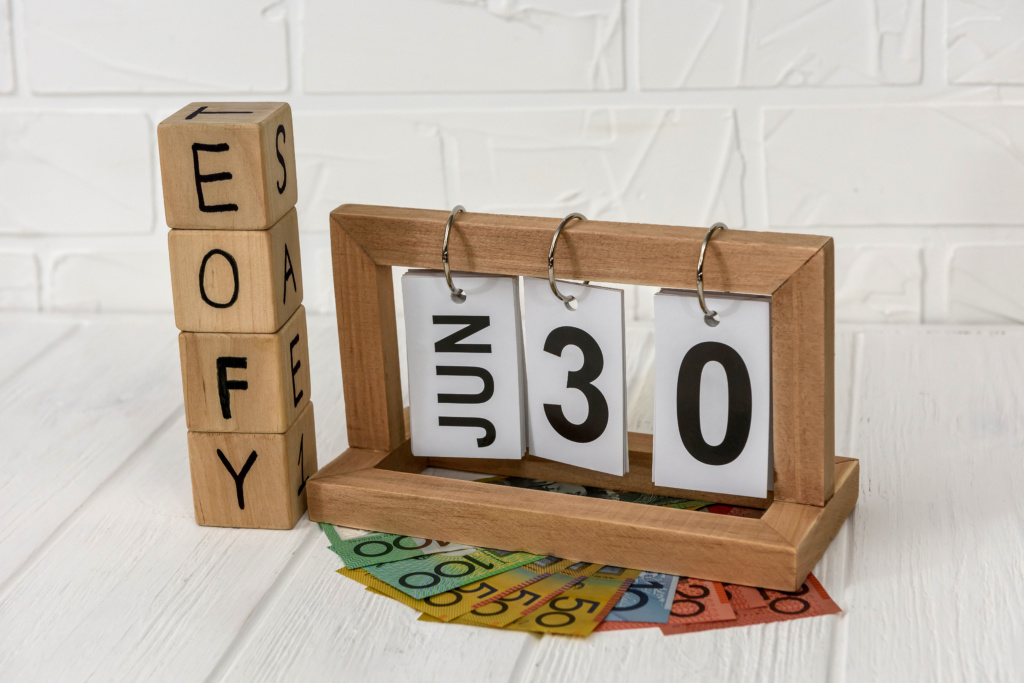What About Training Your Team?
I loved this concept so much that it’s the kind of program I look for when it comes to refining and expanding every aspect of my business. So, when I thought about tools for recruiting and training my team, I knew I wanted something similar – a program that would waIk me through all the steps, help me build the systems, and allow someone else to attend alongside me – the person who would be responsible for implementing this. I knew that I needed to be aware of the whole process and able to support my team, but I really didn’t want to do it myself… And what I found was that such a program really doesn’t exist – so if you find one, let me know.










